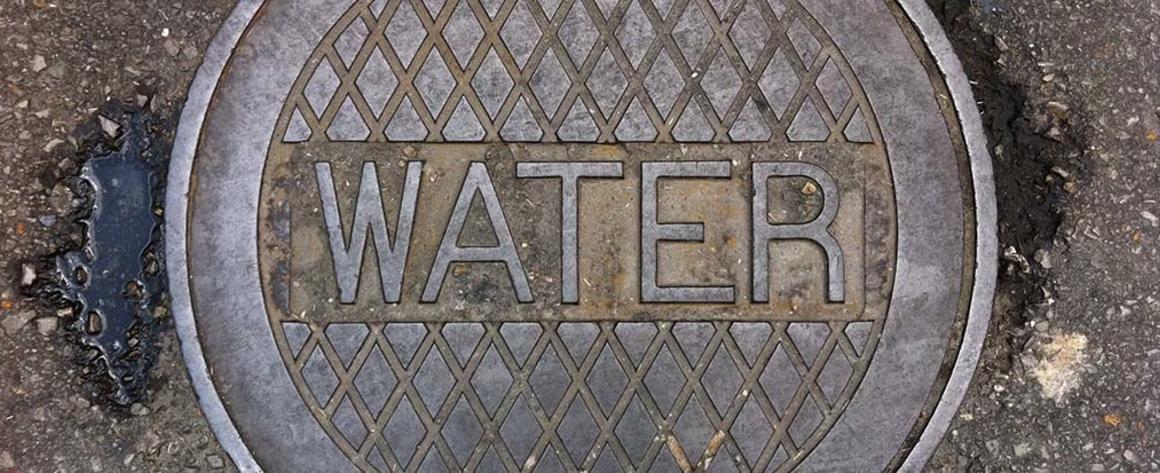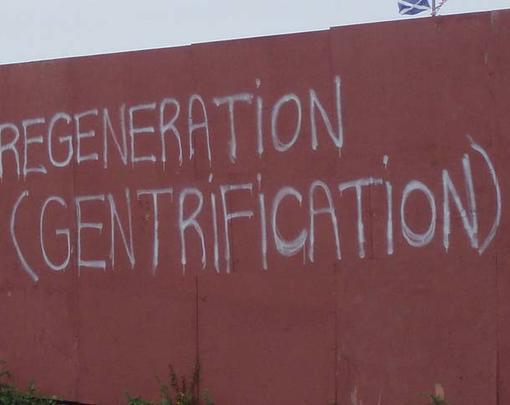As with many countries, the United States has experienced swings of public and private operation of its water services for more than 150 years. Most water services in the country began as private enterprises in the 1800s but were municipalized from the late 19th century into the 1930s. The tide turned once again in the 1980s with efforts to re- introduce privatization in various forms, albeit with limited success. More recently, there have been numerous high-profile remunicipalizations where privately-run services have been brought back into public control, affecting dozens of municipalities across the country. This includes services that have returned directly to municipal control and those which have been brought back into public hands in a different form (i.e. through operation by a separate or new public jurisdiction, public agency, or public company).
The majority of these remunicipalizations appear to have occurred for ‘pragmatic’ reasons, defined in this article as decision making related primarily to cost savings and service quality (rather than a philosophical objection to private sector participation in the water sector), with decision making driven by bureaucrats and elected officials (for an early review of this dynamic see Hefetz and Warner (2004)). This experience is different from that of water remunicipalizations in many other parts of the world, where the process has often involved high profile political debate and mass mobilizations of workers and residents seeking not just a return to public control but a fundamental transformation of what is expected from a ‘public’ water operator (such as demands for better accountability, equity-oriented financing, participatory decision making, and the decommodification of water services). These more politicized remunicipalization voices are part of a growing ‘pro-public’ water movement, most visible in Europe and Latin America but with an expanding presence around the world (McDonald, 2018; Kishimoto et al., 2020).
The central question in this paper is as follows: Will debates about remunicipalization in the US become more coordinated and ideological in the future (akin to those of pro-public remunicipalization efforts elsewhere), or will they remain largely insulated and pragmatic? Evidence suggests that the trend could go either way. The potential for greater politicization can be witnessed in the growing number of pro- public water organizations and an increase in demands for better social and economic justice in water services. However, it will be difficult for pro-public advocates to coordinate an ideologically and institution- ally diverse set of water-related organizations in the US, and pro-private forces remain powerful.
A dearth of research on the topic compounds the analytical challenge, with little in the way of qualitative data. Most academic studies have been quantitative in nature, with limited insights into the political orientation of remunicipalization efforts in the country. There is a growing body of literature by NGOs and special interest groups (including industry associations and their consultants), but these do not always provide the objectivity demanded by policy makers and seldom find their way into scholarly venues. As a result, water remunicipalization has ’escaped widespread attention’ in American academia (Ulmer and Gerlak, 2019, p. 19).
Our paper attempts to help fill this analytical gap by critically examining the existing literature on remunicipalization in the US and assessing its relevance for understanding the potential for more politized forms of remunicipalization in the future. We begin with a review of earlier swings between public and private water delivery (the municipalization era and the re-privatization era) to put contemporary actions and debates in historical perspective. We then assess the current remunicipalization era, asking what is similar and what is different about the US experience to other parts of the world. We review the available academic research alongside reputable NGO and media reports, as well as providing an assessment of 72 US water remunicipalization cases from a new ‘crowdsourced’ database housed at the University of Glasgow (Transnational Institute, 2020).
Our analysis reinforces the general consensus that water remunicipalization in the US has indeed been largely pragmatic to date, but there is evidence of more politicized forms of remunicipalization taking place. We highlight, in particular, a growing sense of frustration in the country with both public and private water operators (particularly as it relates to service cutoffs) as well as a bourgeoning of organizations demanding more substantial public sector reforms. Covid-19 has served to further reveal inequities in water and other basic services in the country, potentially intensifying demands for more politicized change (Laster Pirtle, 2020; Warner et al., 2020a).
However, these pro-public movements lack consistent messaging, organizing, and strategizing on water remunicipalization, with opinions on what constitutes a ‘good’ public water service varying dramatically amongst policy makers, activists, and water operators. There is also growing pushback on remunicipalization from private water companies and pro-private lobbyists in the country, while ongoing fiscal pressures are forcing some municipalities to (re)consider private sector involvement in their water services. As a result, the future of water remunicipalization in the country remains uncertain.




